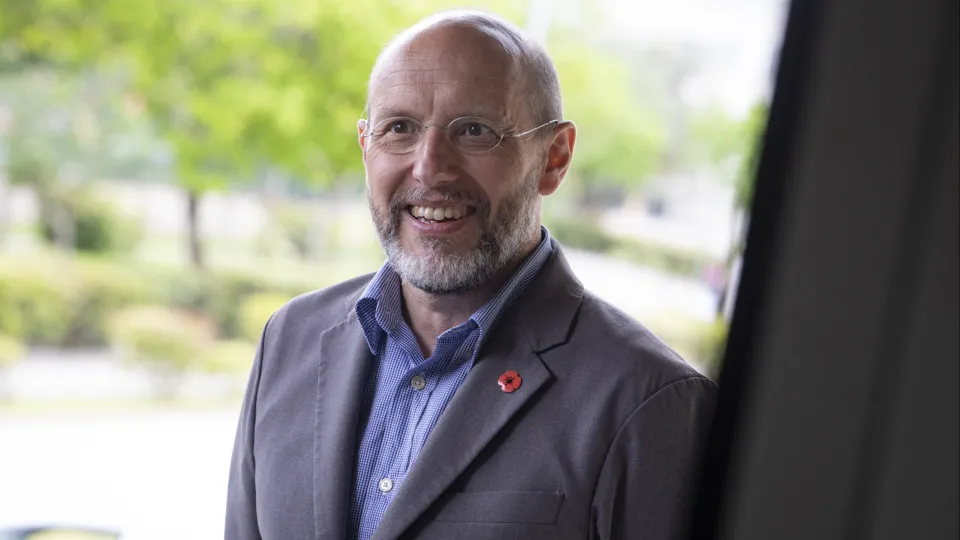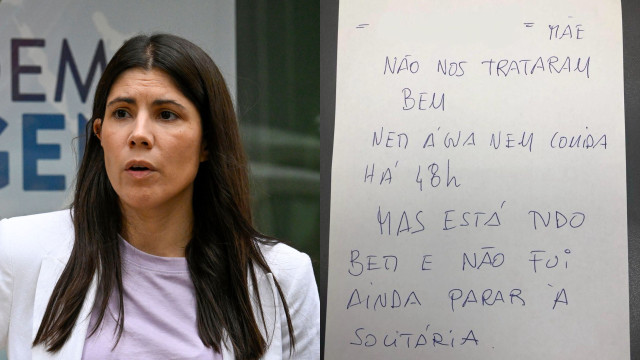
“There is a greater vaccine hesitancy observed more among the younger population. At ANF, we have been monitoring a decrease of approximately 1,500 people since the 2023 vaccination season, particularly regarding flu and covid-19,” stated Ema Paulino during the 60th-anniversary ceremony of the National Vaccination Program (PNV) held today at the Champalimaud Foundation in Lisbon.
She explained that the refusal of the flu vaccine, despite the increase in vaccine hesitancy, “remains stable” at 10%.
“We have a high acceptance of the flu vaccine, even though hesitancy has gained ground against acceptance, but those who are hesitant are still a population that can be influenced to clarify doubts and support all opportunities to educate,” she emphasized.
However, Paulino indicated that there has been “a doubling” in the refusal rate of the covid-19 vaccine among younger age groups.
“This is a reality we need to understand as health professionals, and we must be prepared to act accordingly,” observed the ANF president, noting that the Directorate-General of Health (DGS) and associations have “produced many materials with language very adapted to their audience.”
Paulino stressed the importance of explaining to people why “social media and search engines might not be the best places for seeking information.”
“Algorithms curate the information presented to us based on our characteristics. Someone who believes the world is flat will find many others worldwide who agree on platforms like Facebook, completely narrowing the perspective,” she considered.
In the roundtable “Trust, Myths, and Population Perceptions in Vaccination and Immunization,” Lurdes Costa e Silva, a specialist nurse at the Lisbon Western Local Health Unit (ULS), affirmed that “social networks share a lot of information and misinformation.”
“More and more, health professionals need to be well-informed, because these generations of parents have no memory of the disease, meaning they haven’t seen diseases like measles or polio,” she recalled, citing former DGS director Graça Freitas.
Lurdes Costa also mentioned that, besides vaccine hesitancy, some people request specific vaccines.
“Today we have a multicultural population and, in our practice contexts, some people say: I don’t want to be vaccinated with this vaccine. As you know, our PNV is one of the most comprehensive in Europe and the world,” she emphasized.
José Albino, president of the RESPIRA Patients Association, highlighted the importance of adult vaccination, stating that they should be “better vaccinated” and that it’s essential to combat misinformation.
“What we do is try to combat misinformation,” he noted, recognizing that Portugal has a “very good” incidence rate, despite the increase in vaccine hesitancy.
Albino added that the good vaccination adherence rate can “evolve in adults,” and RESPIRA strives to mitigate fatigue by “better informing its agents.”



